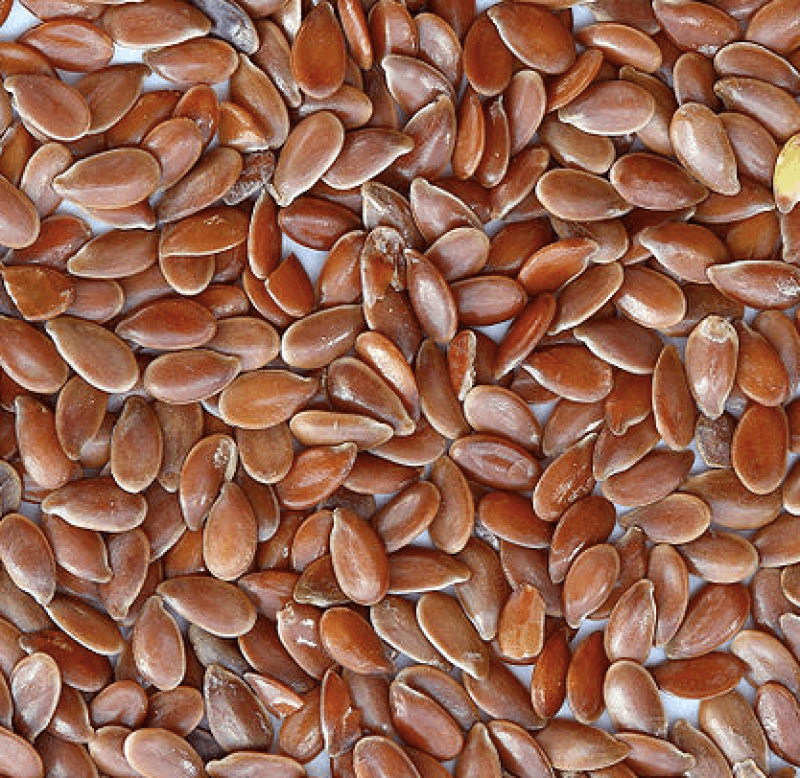The GLP aggregated and excerpted this blog/article to reflect the diversity of news, opinion and analysis.
Plant Physiology has published a peer reviewed paper by Cibus scientists demonstrating that Cibus, using its patented RTDS (Rapid Trait Development System) technology with directed nucleases such as CRISPRs and TALENs, was able to develop a non-transgenic trait in flax.
This trait, the first non-transgenic glyphosate resistance trait in a crop, was developed by precisely targeting mutations (“spelling changes”) in native gene targets. Cells with the targeted mutations were regenerated into whole plants using a completely non-transgenic process.
The paper showed that after Cibus made the targeted non-transgenic mutations, plants with Cibus’ targeted mutations were demonstrated to be glyphosate resistant. The article “Oligonucleotide-mediated genome editing provides precision and function to engineered nucleases and antibiotics in plants” is currently available as a Plant Physiology Preview at http://www.plantphysiol.org/content/early/2016/02/10/pp.15.01696.full.pdf+html.
Read full, original post: Cibus Develops Non-Transgenic Trait in Flax





























